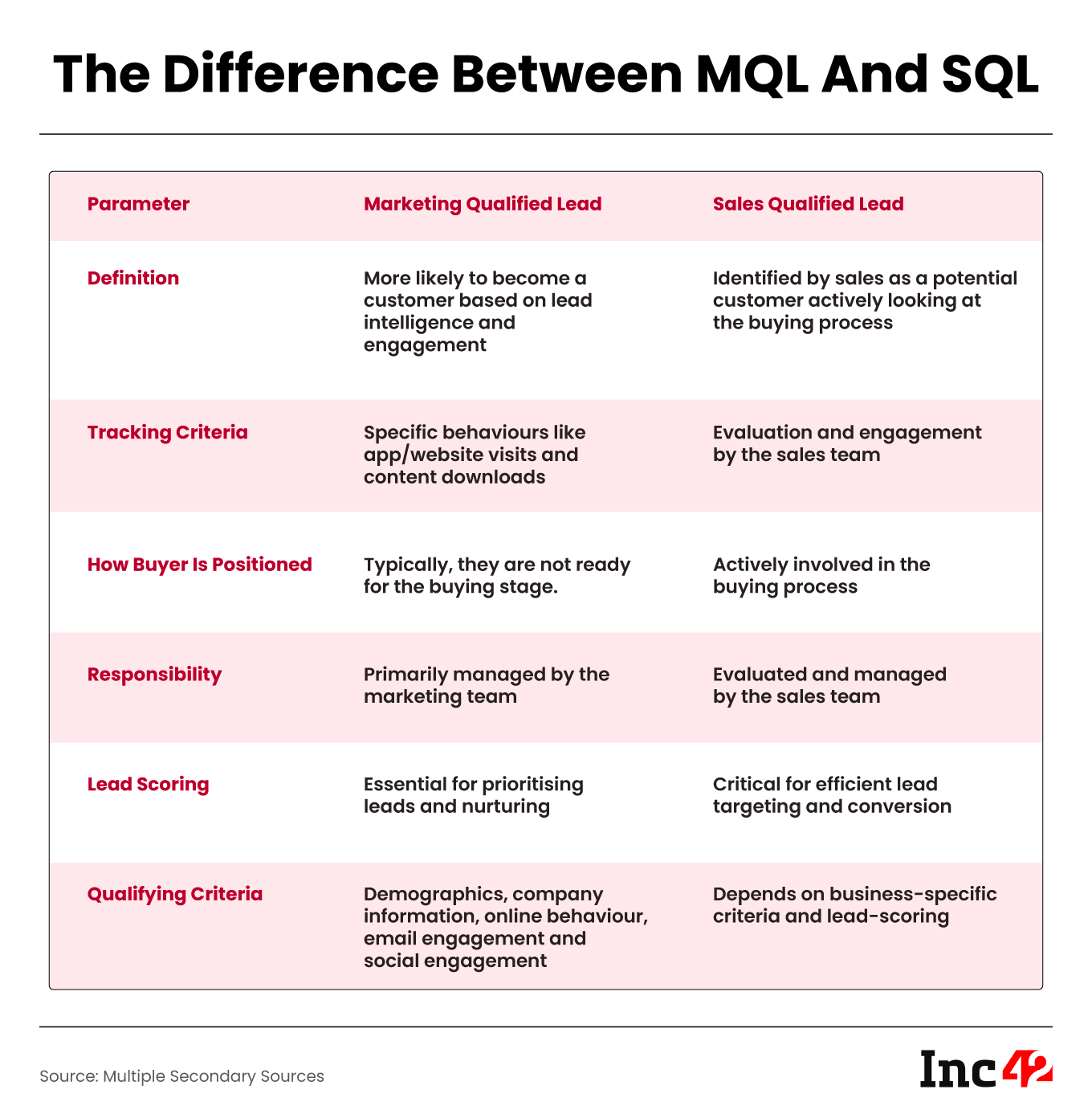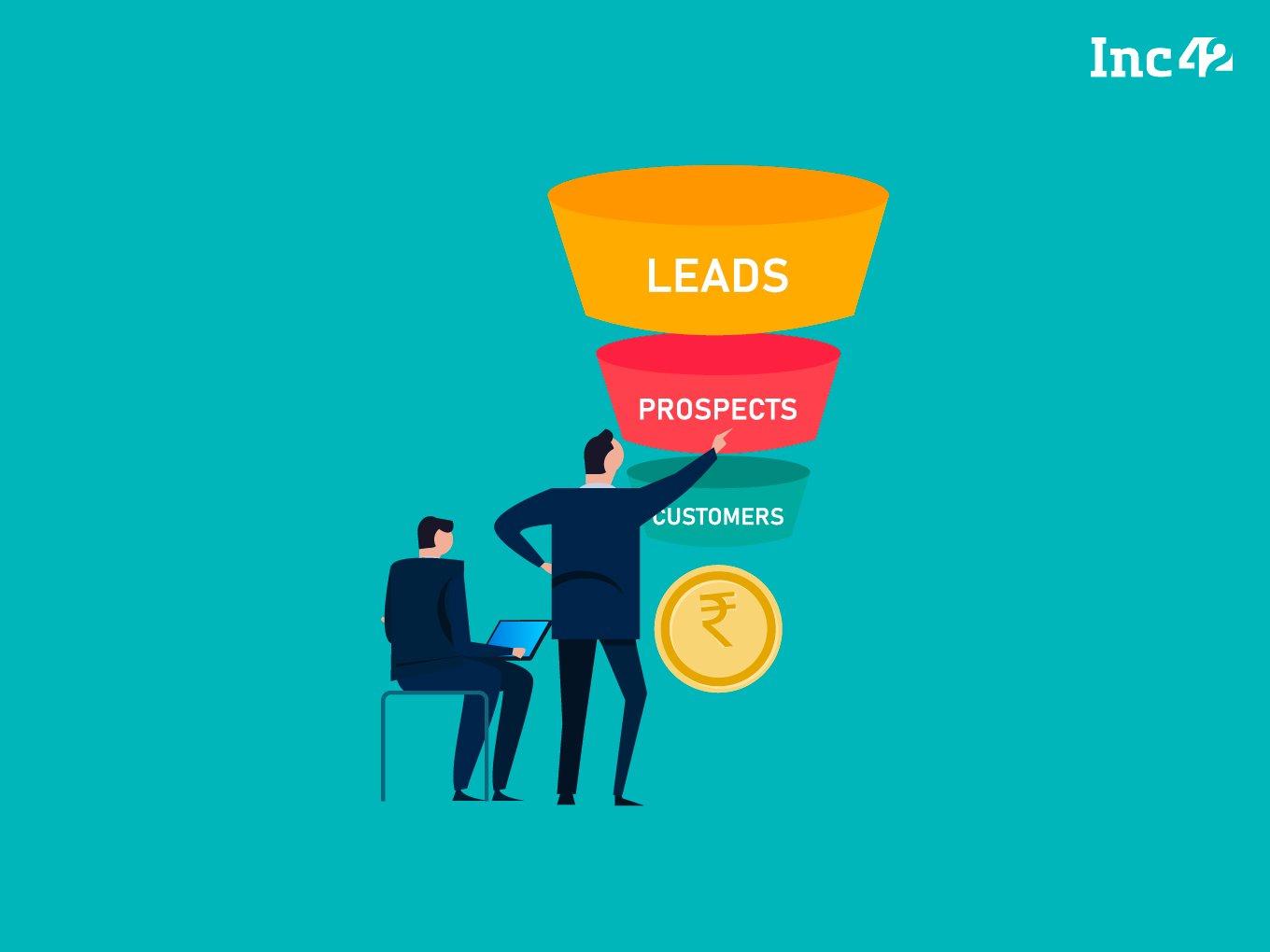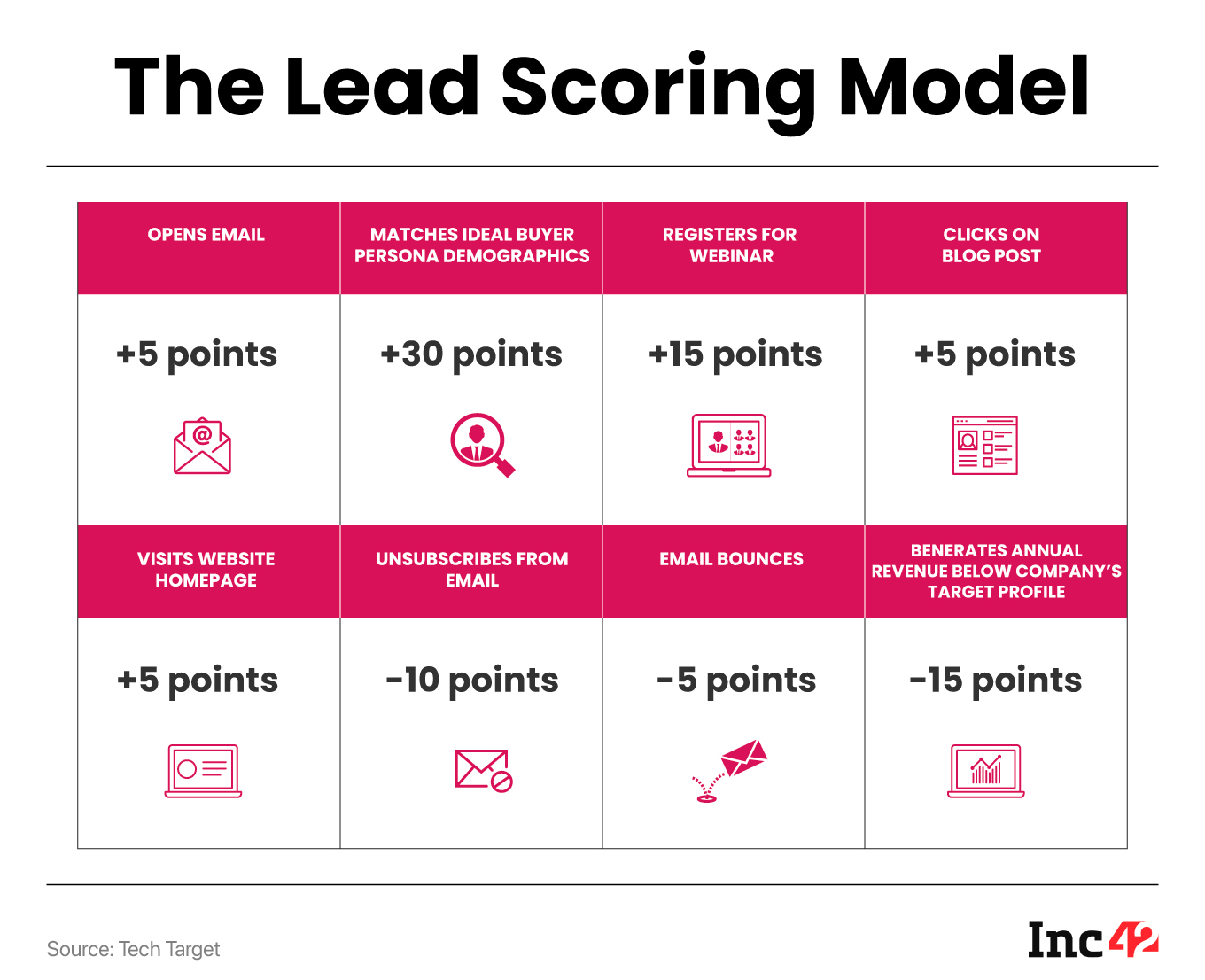What Is A Sales Qualified Lead (SQL)?
A sales qualified lead (SQL) is a potential customer who has shown a keen interest in a SaaS product or service and is ready to engage with the sales team. This means they will be more open to discussions about the purchase. Essentially, an SQL is a prospect who has moved beyond the initial interest stage and is now positioned to be considered a potential buyer.
On the other hand, when a marketing team initially vets leads for showing interest in products and engaging with marketing materials, they will be deemed as marketing qualified leads, or MQLs. An MQL can move up the sales funnel to become an SQL and a paying customer.
Before they are handed over to the sales team for further engagement, SQLs undergo a rigorous evaluation by the marketing department. This is done to determine that they meet critical criteria like interest, requirements and budget. The scrutiny further ensures that the sales team focusses on the strongest leads likely to convert into customers.
Why SQL Is Critical For SaaS Companies
Identifying sales qualified leads (SQLs) is crucial for a SaaS company as it indicates when a potential customer is ready to purchase its products. A clear comprehension of a customer’s journey and an efficient system to recognise promising leads can significantly improve the effectiveness of marketing and sales efforts.
Therefore, businesses must prioritise identifying and nurturing SQLs to maximise revenue and growth opportunities.
The alignment between marketing and sales teams can result in more successful deals. It also permits companies to tailor their messages based on a prospect’s level of interest. Customising messages and content to match a lead’s position in the buying process can significantly increase the chances of nurturing SQLs and turning them into satisfied customers.
What’s The Difference Between SQL And MQL

How SaaS Companies Identify SQLs
SaaS businesses identify sales qualified leads (SQLs) by analysing prospect actions and their demographics. They use lead scoring based on critical activities like website visits and content downloads to differentiate between serious buying intent and casual interest.
Demographic details such as industry, company size, job role and budget further determine one’s readiness to purchase. Sales teams use this data to develop their engagement strategies and close deals.
Some SQL criteria will vary as each B2B SaaS company has benchmarks for identifying SQLs and other sales leads. But the key parameters are typically based on unique lead-scoring models and internal procedures of a SaaS business.
Here are the four pointers to keep in mind before considering a business as a lead:
- SaaS companies will assess if leads are genuinely interested in their products/services by asking direct questions about their willingness to purchase.
- They also determine if the leads genuinely need these solutions by enquiring about the latter’s goals, challenges and problem-solving methods.
- SaaS companies learn about budgets by comparing prices or asking their leads about the costs of their current solutions.
- SaaS players also determine the best time to sell their products by understanding where their leads are in the sales funnel and their timeframe for decision-making.









